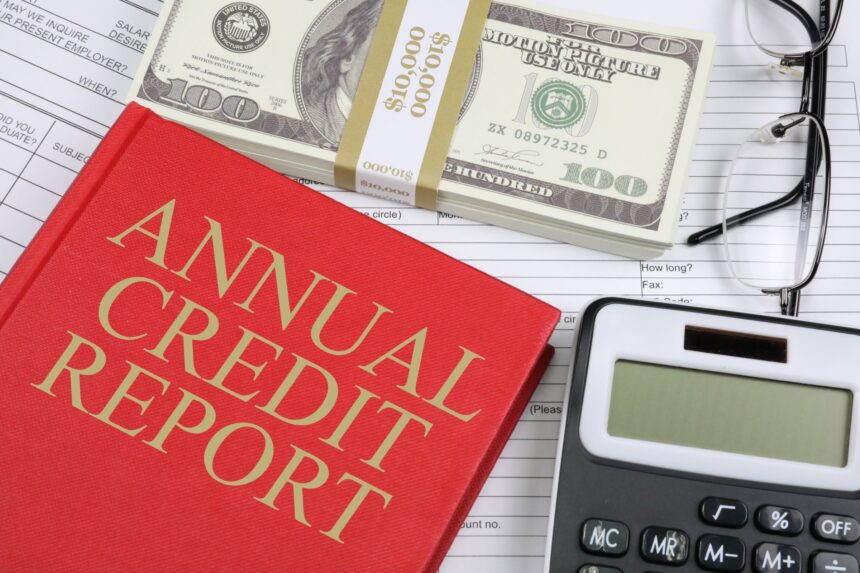The Pros and Cons of Credit Monitoring: An Essential Guide for Financial Health
Introduction
Managing your credit is crucial for maintaining good financial health. One effective tool to aid you in this process is credit monitoring. In this guide, we will explore the pros and cons of credit monitoring, helping you make an informed decision.
1. Enhanced Identity Theft Protection
Credit monitoring services offer enhanced identity theft protection by monitoring your credit reports for any suspicious activity. They alert you promptly if any unauthorized changes or inquiries occur, allowing you to take immediate action to prevent potential fraud.
2. Early Detection of Errors
Errors on your credit report can have a negative impact on your credit score. Credit monitoring allows you to identify and correct these errors early, ensuring accurate reporting and maintaining a healthy credit profile.
3. Regular Credit Score Updates
Credit monitoring services provide regular updates on your credit scores. This helps you track your progress over time and understand the factors influencing your creditworthiness.
4. Easy Access to Credit Reports
Monitoring services grant you easy and convenient access to your credit reports. Instead of going through complicated procedures, you can simply log in to your account and review your reports whenever you want.
5. Financial Awareness and Education
Credit monitoring services often provide educational resources and tools to enhance your financial knowledge. They offer insights into credit management, debt reduction strategies, and tips for improving your financial well-being.
6. Cost Considerations
While credit monitoring services provide valuable benefits, they often come with a cost. Monthly or annual fees can add up over time, so it’s important to compare different service providers and their pricing structures to ensure you get the best value for your money.
7. Overreliance on Credit Monitoring
One potential drawback of credit monitoring is overreliance. Some individuals may become less proactive in managing their finances and protecting their identity, assuming the monitoring service will catch and resolve all issues. It’s important to remember that credit monitoring is just one tool; you should still practice responsible financial behavior.
8. False Alarms and Noise
Credit monitoring may generate false alarms or noise, triggering unnecessary concerns. Not every alert is indicative of a serious issue, but too many notifications can lead to anxiety and confusion. It’s essential to evaluate the severity of alerts and investigate accordingly.
9. Privacy and Security Concerns
Using a credit monitoring service involves sharing your personal and financial information. It’s vital to select a reputable provider with robust security measures in place to protect your sensitive data from unauthorized access.
10. Impact on Credit Scores
While credit monitoring does not directly impact your credit scores, excessive inquiries from monitoring services can potentially affect your score. It’s important to choose a monitoring service that uses soft inquiries to avoid any negative impact.
Conclusion
Credit monitoring can be a valuable tool for maintaining your financial health, enhancing identity theft protection, and detecting errors early. However, it’s important to consider the cost, avoid overreliance, and address privacy concerns. Assess your individual needs and choose a reliable credit monitoring service that aligns with your goals.

